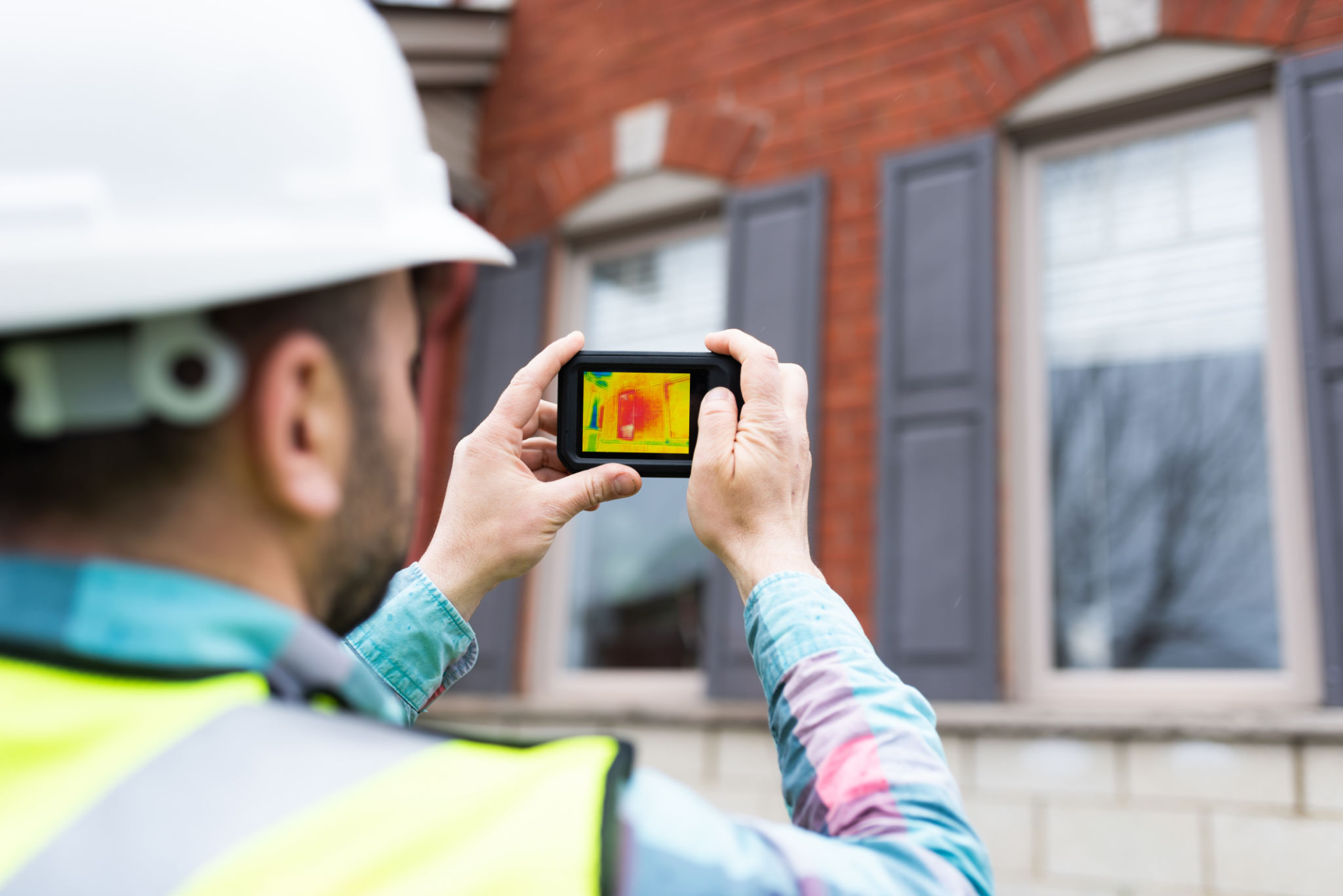How to Choose the Right HVAC System for Your WA Home
Understanding Your HVAC Needs
Choosing the right HVAC system for your home in Washington is crucial for maintaining comfort throughout the year. The diverse climate in WA, with its cold winters and warm summers, requires a system that can handle both efficiently. Start by assessing your home's specific heating and cooling needs. Consider factors such as the size of your home, the number of rooms, and your budget.

Types of HVAC Systems
There are several types of HVAC systems to choose from, each with its own set of benefits. The most common systems include:
- Split systems: These have separate units for heating and cooling, usually an air conditioner and a furnace.
- Hybrid systems: These combine a gas furnace with an electric heat pump, offering flexibility in energy use.
- Ductless mini-splits: Ideal for homes without ductwork, these systems provide zoned heating and cooling.
- Packaged systems: Suitable for smaller homes, these systems integrate heating and cooling components in one unit.
Energy Efficiency
When selecting an HVAC system, energy efficiency should be a top priority. Look for systems with high SEER (Seasonal Energy Efficiency Ratio) ratings for air conditioners and high AFUE (Annual Fuel Utilization Efficiency) ratings for furnaces. Investing in energy-efficient appliances may have a higher upfront cost, but they can significantly reduce your energy bills over time.

Consider the Size of the System
The size of your HVAC system is critical to its performance and energy efficiency. A system that is too small will struggle to heat or cool your home adequately, while an oversized system will cycle on and off too frequently, wasting energy. It's essential to have a professional perform a load calculation to determine the right size for your home.
Smart Technology Integration
Modern HVAC systems offer smart technology features that enhance convenience and efficiency. Consider systems that can be integrated with smart thermostats, which allow you to control your home's temperature remotely. These devices can learn your preferences and adjust settings automatically to save energy while keeping you comfortable.

Professional Installation Matters
No matter how advanced or efficient an HVAC system is, improper installation can lead to various issues, including poor performance and increased energy consumption. It’s vital to hire certified professionals who have experience with the specific type of system you're installing. This ensures that the system operates correctly and efficiently from day one.
Maintenance and Longevity
Regular maintenance is key to extending the life of your HVAC system. Choose a system from a reputable manufacturer known for reliability and good customer service. Consider signing up for a maintenance plan with your HVAC service provider to ensure regular check-ups and cleaning, which can prevent costly repairs down the line.
Budget Considerations
Your budget will play a significant role in determining which HVAC system is right for you. While it’s tempting to go for the cheapest option, remember that investing in a quality system can lead to savings on energy bills and reduced maintenance costs over time. Compare different models and brands to find a balance between cost and performance that fits your financial situation.

Environmental Impact
Many homeowners are increasingly concerned about their environmental footprint. If sustainability is important to you, look for systems that use eco-friendly refrigerants and have high efficiency ratings. Additionally, some manufacturers offer systems made from recycled materials or those that minimize emissions, helping you reduce your home's carbon footprint.